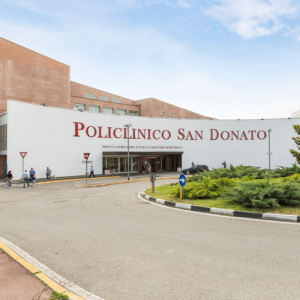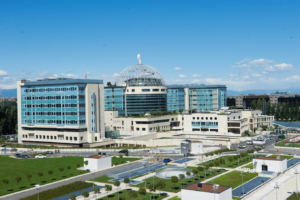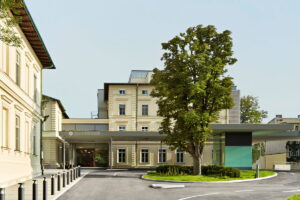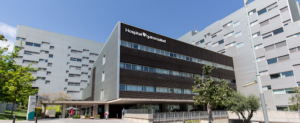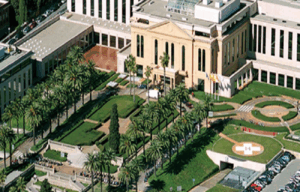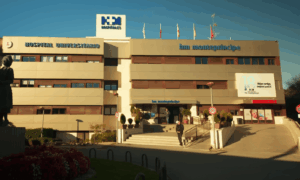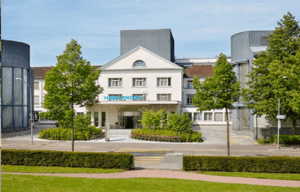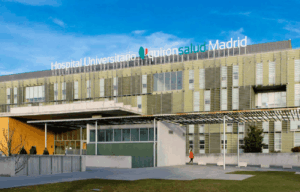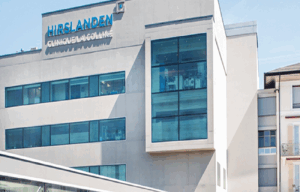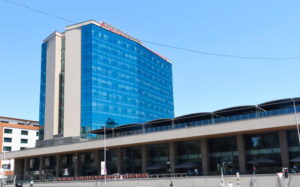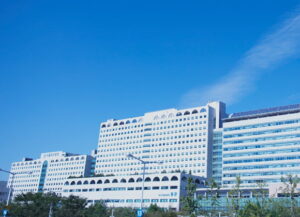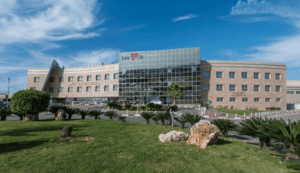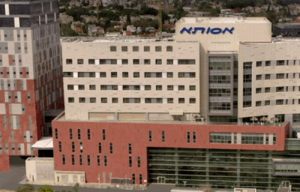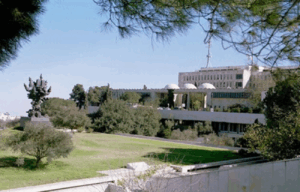Targeted therapy
Targeted therapy is a pharmaceutical treatment for cancer that focuses specifically on the primary tumor and its metastases. The main goal of this therapy is to precisely attack the tumor by making its cells vulnerable and weak. Unlike chemotherapy, targeted therapy acts exclusively on cancer cells while sparing healthy cells. This method is used only for certain types of tumors that exhibit specific genetic alterations, for example, HER2-positive breast cancer or melanoma with a BRAF gene mutation. It is most often used in combination with chemotherapy and radiation therapy.
Mechanism of action of targeted agents
- Targeted agents suppress the growth of blood vessels that supply the tumor. Cancer cells grow rapidly and require an adequate blood supply. The tumor stimulates angiogenesis, and targeted drugs block this process.
- Targeted agents bind to specific receptors on the surface of cancer cells, penetrate through the cell membrane, and exert toxic effects on intracellular organelles, leading to cell death.
- These agents help the immune system recognize and attack malignant tumors, effectively “training” the immune system to manage the cancer independently.
- The regulation of cell growth and division occurs through a series of biochemical signals involving enzymes and biologically active molecules. Some of these substances differ between healthy tissue and tumor tissue. Targeted cancer therapy disrupts this signaling cascade, blocking tumor growth factors and depriving the tumor of its ability to survive.
Top clinics
-
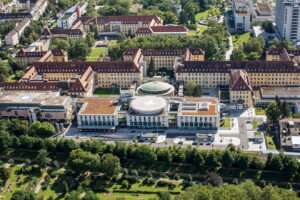 University Hospital Freiburg
University Hospital Freiburg -
 Acibadem Altunizade Clinic
Acibadem Altunizade Clinic -
 Medistate International Hospital
Medistate International Hospital -
 Ajibadem Atasehir Clinic
Ajibadem Atasehir Clinic -
 Medical Park Antalya Clinic
Medical Park Antalya Clinic -
 Dubai, UAE NMC Healthcare
Dubai, UAE NMC Healthcare -
 Shishli Memorial Clinic.
Shishli Memorial Clinic. -
 Milan, Italy San Donato Hospital in Milan, Italy
Milan, Italy San Donato Hospital in Milan, Italy -
 Milan, Italy San Raffaele University Hospital
Milan, Italy San Raffaele University Hospital -
 American Hospital Dubai
American Hospital Dubai -
 Burjeel Hospital Abu Dhabi
Burjeel Hospital Abu Dhabi -
 Debling Private Clinic
Debling Private Clinic -
 Rudolfinerhaus Private Clinic.
Rudolfinerhaus Private Clinic. -
 University Hospital Heidelberg
University Hospital Heidelberg -
 Vienna, Austria Wiener Privatklinik (WPK)
Vienna, Austria Wiener Privatklinik (WPK) -
 Munich, Germany University Hospital Munich (Ludwig-Maximilians-Universität)
Munich, Germany University Hospital Munich (Ludwig-Maximilians-Universität) -
 Charité Clinic
Charité Clinic -
 Gil Medical Center at Gachon University
Gil Medical Center at Gachon University -
 Clinique Montchoisy
Clinique Montchoisy -
 Clinique Genolier
Clinique Genolier -
 Ataşehir Memorial Clinic
Ataşehir Memorial Clinic -
 Zurich, Switzerland Bethanien Clinic
Zurich, Switzerland Bethanien Clinic -
 Barcelona, Spain QuironSalud Barcelona Hospital
Barcelona, Spain QuironSalud Barcelona Hospital -
 Barcelona, Spain Dexeus University Hospital
Barcelona, Spain Dexeus University Hospital -
 Barcelona, Spain Medical Center "Teknon"
Barcelona, Spain Medical Center "Teknon" -
 Barcelona, Spain University Hospital Barnaclinic+
Barcelona, Spain University Hospital Barnaclinic+ -
 Madrid, Spain University Clinic HM Madrid
Madrid, Spain University Clinic HM Madrid -
 Madrid, Spain University Hospital HM Monteprincipe
Madrid, Spain University Hospital HM Monteprincipe -
 Gebze, Turkey Anadolu Clinic
Gebze, Turkey Anadolu Clinic -
 Zurich, Switzerland Hirslanden Clinic
Zurich, Switzerland Hirslanden Clinic -
 Madrid, Spain Quiron Salud University Hospital
Madrid, Spain Quiron Salud University Hospital -
 Lugano, Switzerland Saint Anna Clinic
Lugano, Switzerland Saint Anna Clinic -
 Geneva, Switzerland Clinique des Grangettes
Geneva, Switzerland Clinique des Grangettes -
 Seoul, South Korea Samsung Medical Center
Seoul, South Korea Samsung Medical Center -
 Seoul, South Korea Medical Center at Ewha Womans University
Seoul, South Korea Medical Center at Ewha Womans University -
 SNUH
SNUH -
 г. Женева, Швейцария Клиника «Женераль-Болье»
г. Женева, Швейцария Клиника «Женераль-Болье» -
 г. Женева, Швейцария Hirslanden Clinique La Colline
г. Женева, Швейцария Hirslanden Clinique La Colline -
 г. Стамбул, Турция Клиника Флоренс Найтингейл
г. Стамбул, Турция Клиника Флоренс Найтингейл -
 г. Сеул, Южная Корея Медицинский центр «Асан»
г. Сеул, Южная Корея Медицинский центр «Асан» -
 г. Рамат-Ган, Израиль Клиника Шиба
г. Рамат-Ган, Израиль Клиника Шиба -
 г. Тель Авив, Израиль Медицинский центр “Ассута”
г. Тель Авив, Израиль Медицинский центр “Ассута” -
 г. Петах-Тиква, Израиль Медицинский центр имени Ицхака Рабина
г. Петах-Тиква, Израиль Медицинский центр имени Ицхака Рабина -
 г. Иерусалим, Израиль Медицинский центр “Хадасса”
г. Иерусалим, Израиль Медицинский центр “Хадасса”






